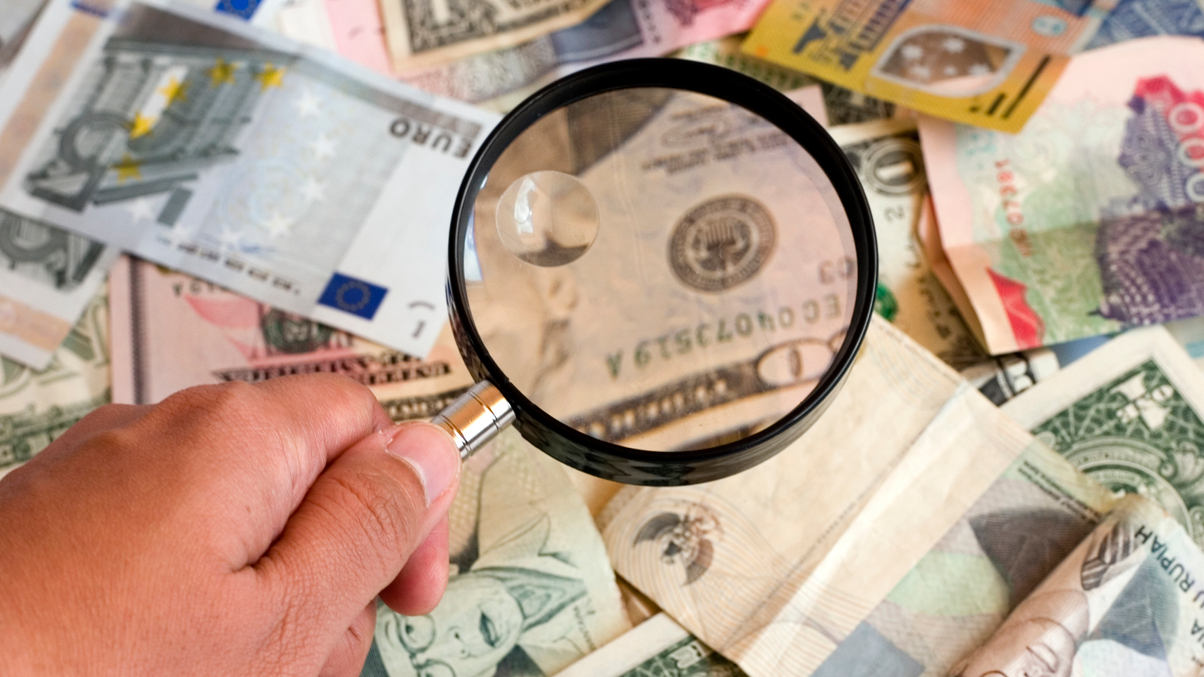Money laundering lurks amid small banks, funds
Smaller private banks and hedge funds in Asia are prime targets for money laundering.

Malaysia’s prime minister, Najib Razak, has yet to explain how or why unnamed donors put $700 million into his personal accounts, including $630 million placed in his name at the Singapore branch of Switzerland-based Falcon Private Bank, according to the Wall Street Journal.
Sign in to read on!
Registered users get 2 free articles in 30 days.
Subscribers have full unlimited access to AsianInvestor
Not signed up? New users get 2 free articles per month, plus a 7-day unlimited free trial.
¬ Haymarket Media Limited. All rights reserved.


